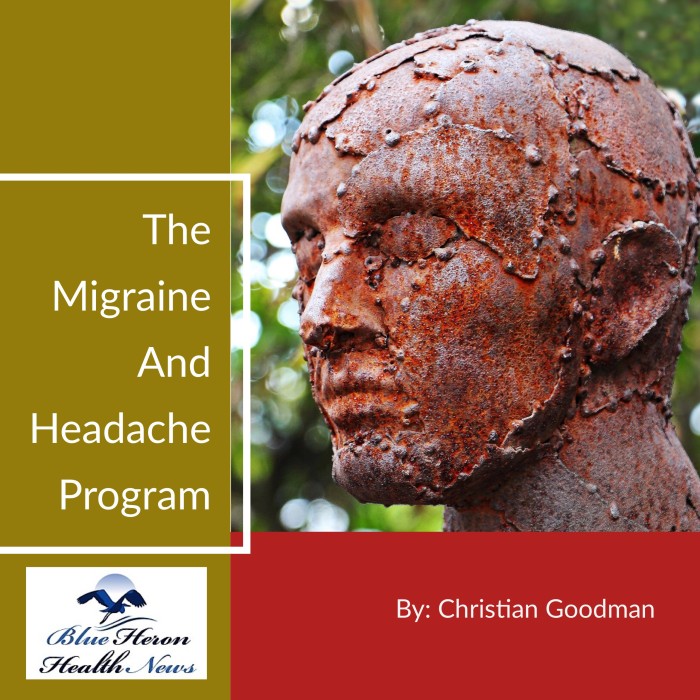
The Migraine And Headache Program By Christian Goodman This program has been designed to relieve the pain in your head due to any reason including migraines efficiently and effectively. The problem of migraine and headaches is really horrible as it compels you to sit in a quiet and dark room to get quick relief. In this program more options to relieve this pain have been discussed to help people like you.
How does caffeine consumption impact migraines?
Caffeine can have both positive and negative effects on migraines, depending on the individual and the amount consumed. Here’s how caffeine interacts with migraines:
Positive Effects:
- Pain Relief: Caffeine can act as a vasoconstrictor, narrowing blood vessels and reducing blood flow, which may help alleviate the throbbing pain associated with migraines. It is often an ingredient in some over-the-counter migraine medications, such as Excedrin.
- Enhances Medication: When taken in combination with migraine medications (like acetaminophen, ibuprofen, or aspirin), caffeine can enhance the pain-relieving effects, making the medication more effective.
- Headache Prevention (in moderate use): For some people, moderate caffeine consumption may prevent headaches or even migraines, as it can counteract drowsiness and fatigue, which are common triggers.
Negative Effects:
- Trigger for Migraines: While caffeine can help relieve migraines in some people, it can also be a trigger in others. Consuming excessive amounts or having a sensitivity to caffeine might induce migraines by causing rebound headaches or withdrawal.
- Caffeine Withdrawal: If a person regularly consumes caffeine and then abruptly stops or reduces intake, they may experience withdrawal symptoms, including severe headaches and migraines. This occurs as blood vessels dilate after the constrictive effect of caffeine wears off.
- Rebound Headaches: Regular use of caffeine to manage migraine pain can lead to dependence. Over time, this might result in “medication overuse headaches” or rebound migraines when caffeine is not consumed or wears off.
Recommendations:
- Moderation: Keeping caffeine intake moderate (about 100-200 mg per day) might help avoid triggering migraines.
- Consistency: Maintaining a consistent level of caffeine intake can help reduce the likelihood of withdrawal-related headaches.
- Monitoring: People prone to migraines are often advised to monitor their caffeine consumption and pay attention to whether caffeine helps or worsens their condition.
Would you like more information on managing migraines with or without caffeine?

The Migraine And Headache Program By Christian Goodman This program has been designed to relieve the pain in your head due to any reason including migraines efficiently and effectively. The problem of migraine and headaches is really horrible as it compels you to sit in a quiet and dark room to get quick relief. In this program more options to relieve this pain have been discussed to help people like you.